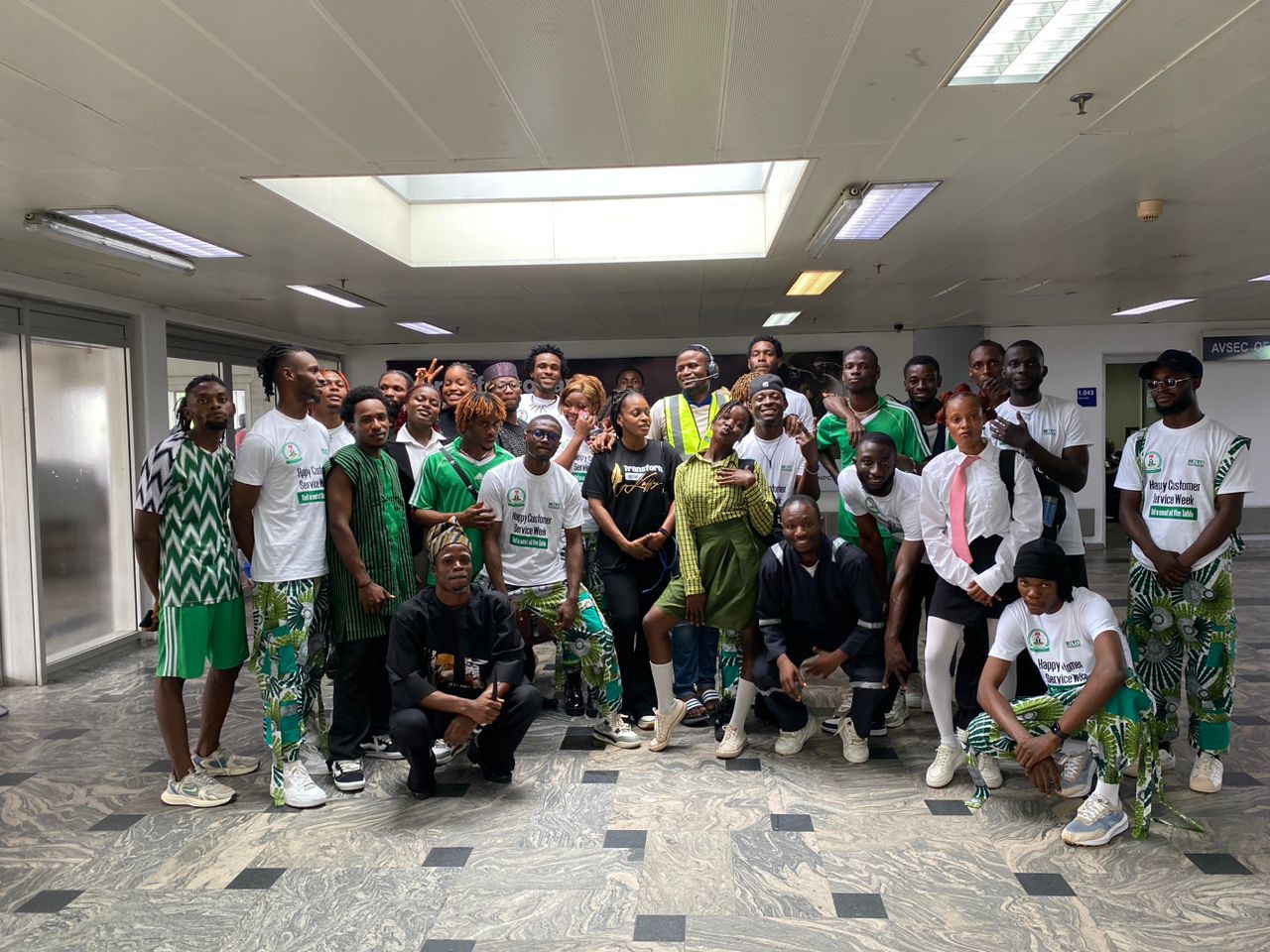The political and civic leadership of Northern Nigeria converged in Kaduna on Tuesday for a landmark assessment of President Bola Tinubu’s administration, an event that laid bare deep divisions within the region over claims of marginalisation and the performance of the Federal Government.
While some stakeholders lauded Tinubu’s developmental strides and appointments in the North, others voiced strong concerns over what they described as growing neglect, insecurity, and economic exclusion under his watch.
Held at the historic Arewa House and convened by the Sir Ahmadu Bello Memorial Foundation, the two-day engagement brought together a powerful mix of former governors, traditional rulers, ministers, civil society leaders, and technocrats from across the 19 northern states.
Themed “Assessing Electoral Promises: Fostering Government-Citizen Engagement for National Unity,” the forum, on Tuesday, became a platform for both praise and protest.
Among attendees on Tuesday were Secretary to the Government of the Federation, Senator George Akume, Ministers of Information, Mohammed Idris, Defence, Mohammed Badaru, Defence (State), Bello Matawalle, National Security Adviser, Nuhu Ribadu, Chief of Defence Staff, Gen Christopher Musa, Chief of Air Staff, Air Marshal Hassan Abubakar, all appointees of President Tinubu from the North.
There has been growing dissent in the North over claims of marginalisation of the region in the scheme of things by the present administration.
The 2023 presidential candidate of the New Nigeria People’s Party, Dr Rabiu Kwankwaso, renewed the call last week at the constitution review public hearing, where he accused Tinubu’s administration of sidelining the northern region.
He alleged that national resources were being disproportionately channelled towards developing the South, the President’s home region.
He was swiftly rebutted by the Presidency and the Minister of Works, David Umahi, who listed ongoing projects in the North.
Kwankwaso’s call followed similar sentiments by many groups and associations in the North, including the coalition political party, the African Democratic Congress.
Addressing the gathering on behalf of the President on Tuesday, Akume said the Tinubu administration’s “Renewed Hope Agenda” was more than campaign rhetoric.
“Let me be clear: the Renewed Hope Agenda is not a slogan. It is a working governance blueprint structured around key principles — transparency, accountability, equity, participation and the rule of law,” Akume said.
He hailed the late Sardauna of Sokoto as a beacon of responsible leadership, saying the administration seeks to emulate his values.
He listed eight core pillars under the Renewed Hope framework: economic reform, national security, agriculture, infrastructure, energy, education, diversification and governance reform.
Akume highlighted tough but necessary decisions, particularly the fuel subsidy removal and foreign exchange unification, as bold moves that had saved trillions of naira and begun repositioning the economy.
He then urged northern leaders to show restraint and rally behind Tinubu’s government.
Ribadu said Nigeria was in good hands under Tinubu, judging from what he had done to stabilise the region following the security challenges.
The Chairman of the Northern States Governors’ Forum and Governor of Gombe State, Inuwa Yahaya, said the North must not shy away from demanding results from a government it overwhelmingly supported.
“The North gave President Tinubu over 60 per cent of the votes that brought him to power. That support must be matched with expectations and accountability,” Yahaya declared.
He said the engagement wasn’t a political jamboree but a platform for “democratic stocktaking.”
“Candidate Bola Tinubu made promises to us—specific commitments tailored to the needs of Northern Nigeria. This gathering is about checking whether those promises are being kept,” the governor stated.
Despite biting economic hardship, Yahaya noted that Tinubu’s government had made “visible strides” in the Northern region.
He listed key ongoing projects as: Abuja–Kaduna–Kano Expressway; Kano–Katsina–Maradi rail line; Kaduna Refinery rehabilitation; Abuja–Kaduna–Kano Gas pipeline, and the Kolmani oilfields exploration.
“These projects are vital for industrial takeoff and energy security in the North,” he said.
Yahaya also cited the new Sokoto–Badagry superhighway and agricultural value chain initiatives as signs of focused federal attention on the region.
“Thanks to Mr President’s Renewed Hope Agenda, many of these projects that had stalled are now progressing rapidly,” he said.
On security, Yahaya said federal forces had intensified efforts in the North West and North East, leading to the neutralisation of over 300 bandits and insurgent commanders.
Yahaya admitted that economic reforms, particularly subsidy removal and forex liberalisation, inflicted hardship on citizens.



